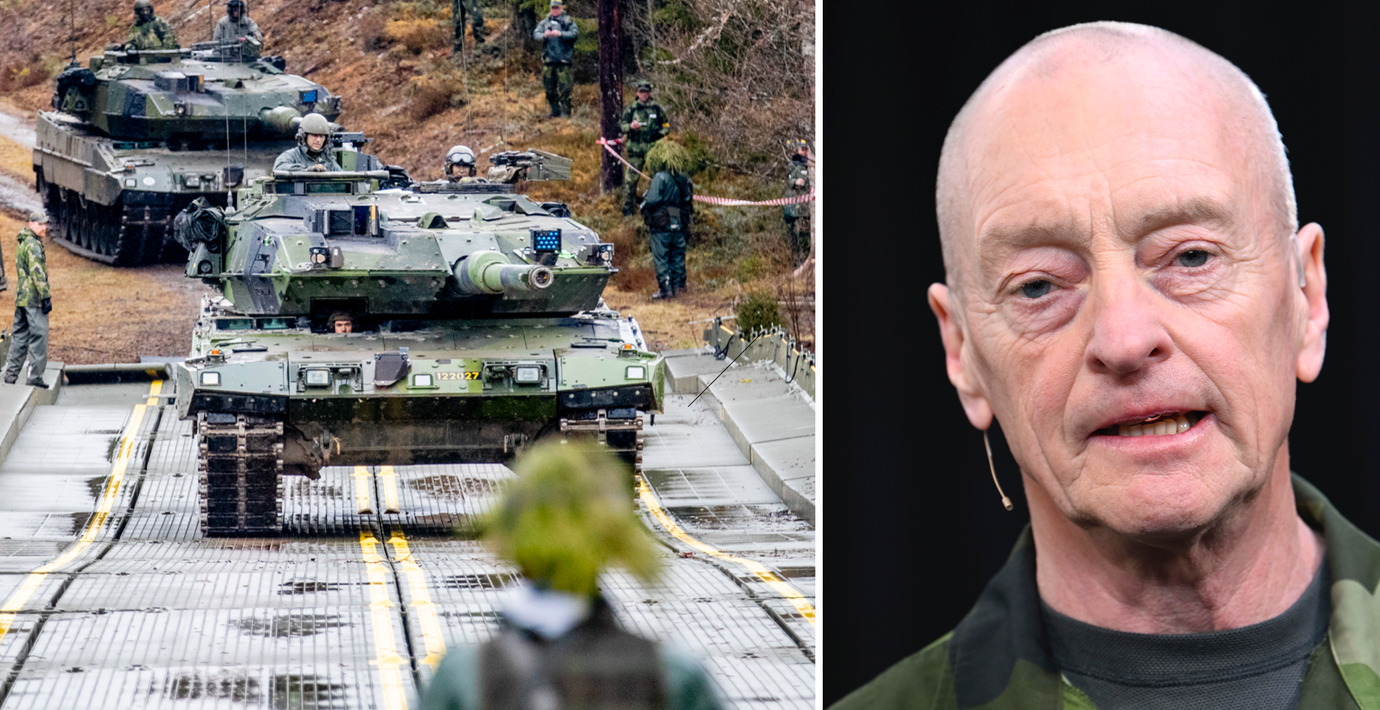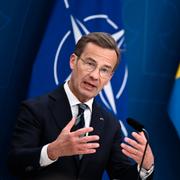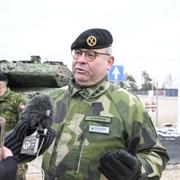
”Alla förband ska kunna hantera krigsfångar”
Om Sverige skulle drabbas av krig och måste ta hand om krigsfångar så är det Försvarsmaktens ansvar att se till att ”Krigets lagar” eller Genèvekonventionen följs, rapporterar SVT Öst.
– Alla förband ska kunna hantera krigsfångar i olika former, säger Michael Malm, överstelöjtnant och senior rådgivare på Försvarsmaktens strategienhet.
Malm konstaterar att utbildningen kring krigsfångtjänst måste öka, då de inte övats storskaligt i modern tid. Övning inom krigsfångtjänst är även beroende av flera aktörer inom totalförsvaret.
bakgrund
Genèvekonventionen
Wikipedia (en)
The Geneva Conventions are four treaties, and three additional protocols, that establish international legal standards for humanitarian treatment in war. The singular term Geneva Convention usually denotes the agreements of 1949, negotiated in the aftermath of the Second World War (1939–1945), which updated the terms of the two 1929 treaties and added two new conventions. The Geneva Conventions extensively define the basic rights of wartime prisoners, civilians and military personnel, established protections for the wounded and sick, and provided protections for the civilians in and around a war-zone.The Geneva Convention defines the rights and protections afforded to non-combatants. The treaties of 1949 were ratified, in their entirety or with reservations, by 196 countries. The Geneva Conventions concern only prisoners and non-combatants in war. They do not address the use of weapons of war, which are addressed by the Hague Conventions of 1899 and 1907, which concern conventional weapons, and the Geneva Protocol, which concerns biological and chemical warfare.
Omni är politiskt obundna och oberoende. Vi strävar efter att ge fler perspektiv på nyheterna. Har du frågor eller synpunkter kring vår rapportering? Kontakta redaktionen



